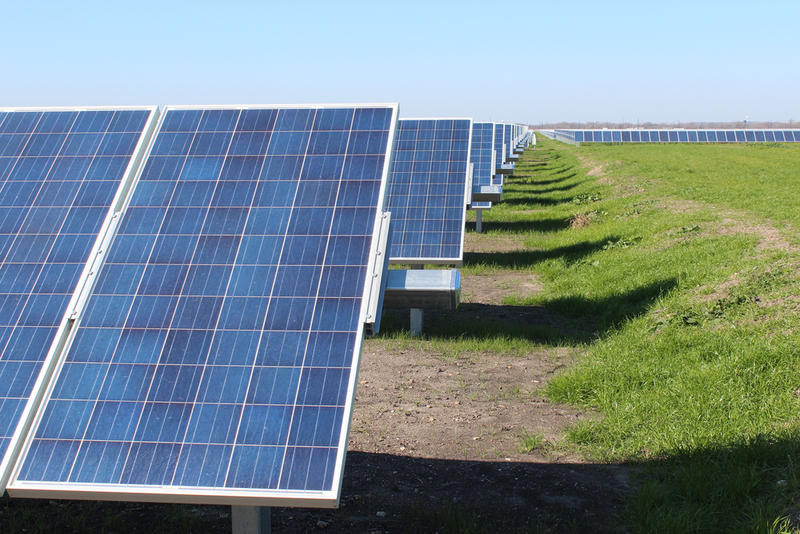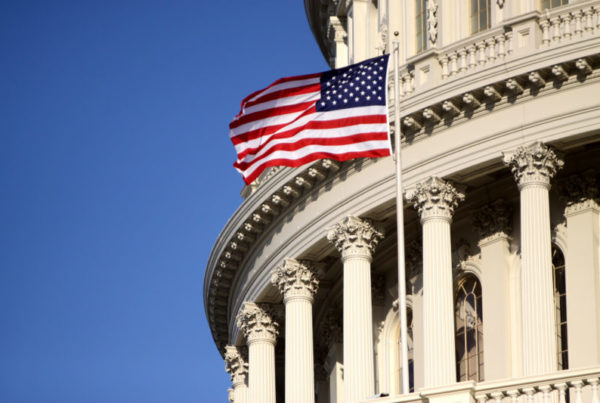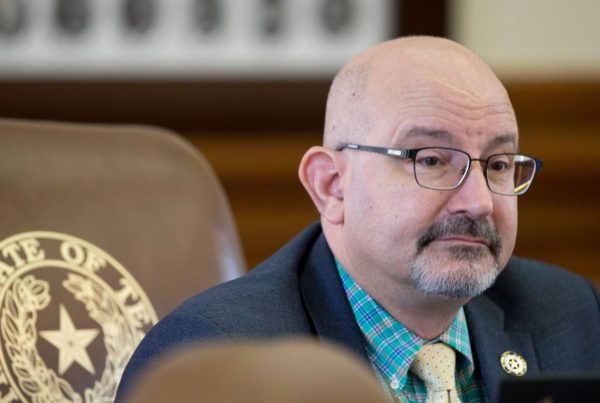On the campaign trail, then-candidate Joe Biden promised to ban fracking if he were elected president. But it’s not clear now how aggressive a Biden administration would be about overhauling the energy industry.
David Spence, the Baker Botts chair at the University of Texas School of Law, told Texas Standard much of Biden’s energy goals require legislation, which could make it hard for him to force the industry to veer far from the status quo.
Could Biden ban fracking, like he promised? Spence says, in short, no:
“It’s not possible for the president through unilateral executive action to ban fracking because fracking is mostly regulated, at least on private land, by the states,” Spence said.
Biden does have the power to regulate fracking on federal land. He can also regulate flaring – a common, and increasingly controversial practice, especially in Texas.
What else does Biden have the authority to do without the approval of Congress?
He can reenter the Paris climate agreement, and he can also raise nationwide standards for vehicle emissions.
“They can reinstitute stricter vehicle standards, which give you a quite a big bang for the buck in terms of carbon emission reductions,” Spence said. “[And] joining the Paris accord is an important symbolic step as well.”
It’s a good time for renewables:
Texas is a leader in renewable energy production from wind and solar, and that is likely to continue under a Biden administration. Spence says the administration will likely encourage more renewable production, especially as oil and gas producers struggle during the pandemic. He says aside from any boost at the federal level, market forces are making renewables more attractive.
“Wind and solar are the cheapest forms of energy on a levelized cost basis for electric generation, and that will continue to be the case,” Spence said.
Plus, with fewer regulations in Texas, companies can build renewable energy infrastructure quickly in the state.














